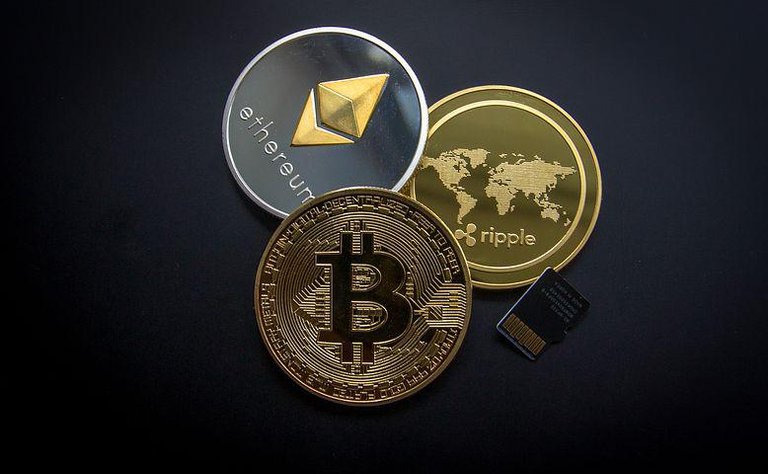The Bank Versus Gas Fees
Have you ever had an experience of a debit from your account without receiving an alert from your bank to back up or explain what the money was used for?
In this case, the difference/sum between your previous account balance and your current transaction is lesser than the current balance both in the available balance and ledger balance. Most times person's have to queue up filling all sort of complaint forms for hours and maybe days, other times some persons do not bother after considering how useful the time they would spend at the bank would be to them, well I happen to be a part of the later what about you?
One would stop to think who's fault this could be, the bank server's network or the bank itself........well this could happen at an ATM (skimming, card trapping etc.), by using public Wi-Fi, malware in ATMs or bank servers, at merchant outlets where you swipe your credit or debit card, or even on your own computer (using ways like pharming and so on).
What if you haven't used any of this?
This is one of the reasons why online wallets are preferred by most persons as none of this can happen without the users knowledge and deductions can only occur during a transaction which is referred to as the gas fee.
Gas fee refers to the fee, or pricing value, that is needed and necessary to successfully conduct a transaction or undergo a contract on the Ethereum blockchain platform.
They are usually priced in smaller fractions of the cryptocurrency ether (ETH), generally known as gwei and also commonly called nanoeth, the gas fee is used to allocate resources of the Ethereum virtual machine (EVM) so that decentralized applications such as smart contracts can self-execute in a secured but decentralized fashion.
The exact price of the gas free is usually determined by supply and demand between the network's miners, who can decline/reject to proceed with a transaction if the gas price does not meet their threshold, and users of the network who seek processing power.
Source - Investopedia
The gas fees of the ethereum is usually not stable and this scalability has poised as an important factor in the shift in the amount of gas fee hence the rise and fall. Brings me to the case of meta transactions which allows for different users to transact on the public blockchain with zero transaction fee. The gas fee is sponsored and paid for on the users behalf by The decentralized application (DApp) developer. Once the scalibilty issue is solved, gas fee would become negotiable or probably a thing of the past. This will effectively aid the web3 to suffer in a faster adoption and/or totally wiping minds from the web3. This would see the light of the day if these gas fees are totally out of the picture being completely erased.
Soonest the use of banks for local transactions will be a thing of the past if these transaction gas fees are finally off.
Thank you for visiting my post and page.

